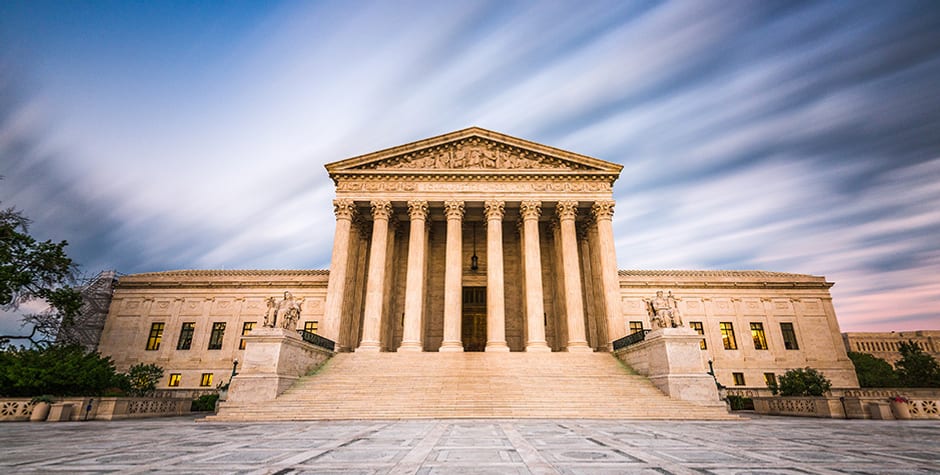Catholic Charities Wins Unanimous Supreme Court Victory
Listen tothis article
It’s not every day that all nine members of the U.S. Supreme Court are in agreement on a constitutional question touching upon religion. Indeed, cases addressing the Establishment Clause and the Free Exercise Clause can generate sharp division at the Court. But in Catholic Charities Bureau v. Wisconsin Labor and Industry Review Commission, the Court was unanimous: Catholic Charities wins.
We previously wrote about this curious case and the amicus brief we filed with the Supreme Court. To recap:
The Catholic Charities Bureau case in which we filed this amicus brief involves a tax exemption issue. The state supreme court in Wisconsin, split 4-3, decided that Catholic Charities – believe it or not! – was not “operated primarily for religious purposes.” The Supreme Court overturning that bizarre ruling . . . would be a victory for religious freedom.
We argued not just that the decision was wrong but that the underlying method of analysis – the so-called “Smith test” for religious freedom cases – was incorrect and should be discarded.
In its unanimous ruling in Catholic Charities Bureau (CCB), the Court did not apply – or even mention! – the Smith test. Instead, the Court applied “strict scrutiny,” the most exacting standard of constitutional review. Why? Because Wisconsin was discriminating between different religions. Said the Court:
A law that differentiates between religions along theological lines is textbook denominational discrimination. . . . This case involves that paradigmatic form of denominational discrimination. . . . The [Wisconsin] court . . . deemed [CCB] ineligible for the [unemployment tax] exemption . . . because they do not “attempt to imbue program participants with the Catholic faith,” “supply any religious materials to program participants or employees,” or limit their charitable services to members of the Catholic Church. . . . Put simply, petitioners could qualify for the exemption while providing their current charitable services if they engaged in proselytization or limited their services to fellow Catholics. . . . Wisconsin’s exemption, as interpreted by its Supreme Court, thus grants a denominational preference by explicitly differentiating between religions based on theological practices.
In other words, the state could not penalize CCB for serving all poor people, rather than just co-religionists. By hinging eligibility for the exemption on CCB’s religious practices, the state unconstitutionally favored some religious groups over others. In short, discrimination based on “theological choices” is a no-no.
The Court’s concluding paragraph is worth quoting at length:
It is fundamental to our constitutional order that the government maintain “neutrality between religion and religion.” . . . There may be hard calls to make in policing that rule, but this is not one. When the government distinguishes among religions based on theological differences in their provision of services, it imposes a denominational preference that must satisfy the highest level of judicial scrutiny.
And here at the ACLJ, we say, “Amen!”
